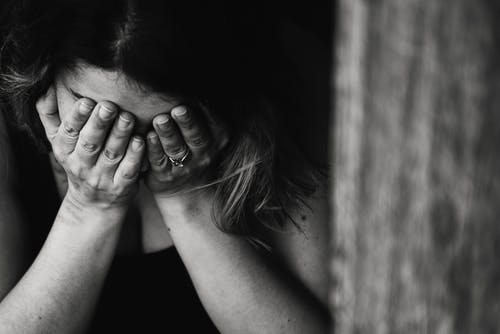Everyone gets anxious at certain times. It could be feeling worried about a big test, being nervous to make a big decision, or even getting scared when walking alone in an unsafe area. Anxiety is an important human reaction to perceived danger or stress. It can help warn us to be more thoughtful or more careful so that we make careful decisions. When anxiety gets more and more frequent or more severe (like having panic attacks) is when this is no longer a natural condition and may be diagnosed as an anxiety disorder. If anxiety is interfering in your life, such as social interactions, school, and work then you need to get help.

Types of anxiety disorders are:
- Generalized Anxiety Disorder
- Obsessive-Compulsive Disorder (OCD)
- Panic Disorder
- Post-Traumatic Stress Disorder (PTSD)
- Social Phobia (or Social Anxiety Disorder)
There are also a host of phobias that fall under anxiety disorders as well.
Here are a list of symptoms that can appear from experiencing severe anxiety:
- Feeling restless, wound-up, or on-edge
- Being easily fatigued
- Having difficulty concentrating; mind going blank
- Being irritable
- Having muscle tension
- Difficulty controlling feelings of worry
- Having sleep problems, such as difficulty falling or staying asleep, restlessness, or unsatisfying sleep
- Heart palpitations, a pounding heartbeat, or an accelerated heart rate
- Sweating
- Trembling or shaking
- Sensations of shortness of breath, smothering, or choking
- Feelings of impending doom
- Feelings of being out of control
- May have an irrational or excessive worry about encountering the feared object or situation
- Take active steps to avoid the feared object or situation
- Experience immediate intense anxiety upon encountering the feared object or situation
- Endure unavoidable objects and situations with intense anxiety
If you have symptoms from this list and know that they are interrupting you having a “normal” life, you should seek medical attention from a General Physician, Psychologist and/or Psychiatrist.
If you also want some resources to work on treatments on your own, here are some good ones that may help you feel better and better each day.
Many of us suffer with anxiety until we learn how to keep it under control or to let it go altogether. I hope some of these books, workbooks and products get you on your way and close to calm.

